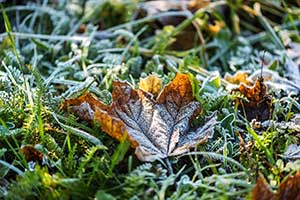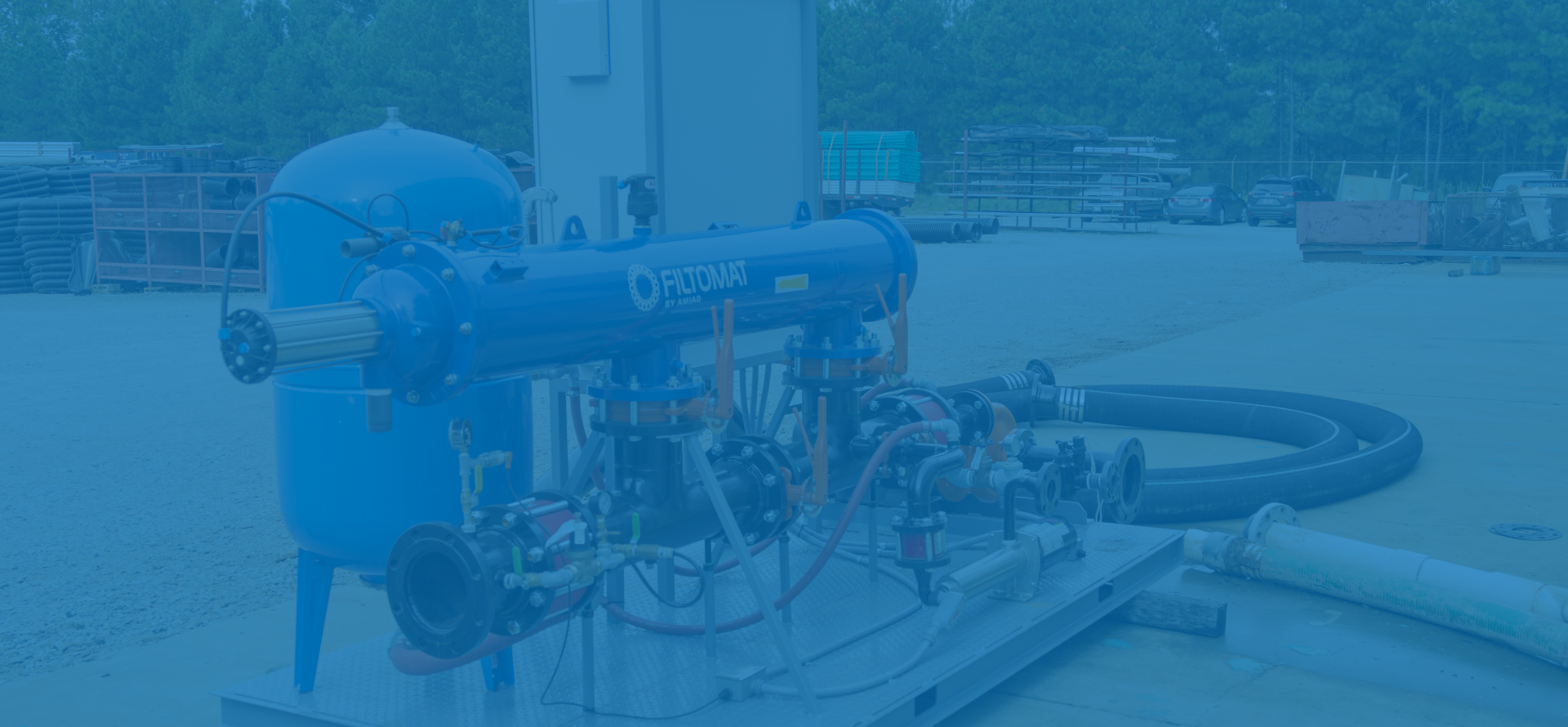
With the growing season coming to a close and winter just around the corner, now is the time to turn our attention to winterizing our irrigation system. The old adage of an ounce of prevention is worth a pound of cure certainly holds true when it comes to preparing our irrigation system for the winter. A little bit of time now will save a lot of time and expense when spring rolls around and it is time to get things running again.
Protecting Your Irrigation System
- Any exposed piping is susceptible to damage from freezing weather. To help minimize damage due to freezing, drain all water from your system. Valve and sprinkler risers should be equipped with drain valves that are below ground. These drain valves should be opened and left open during the winter months. If above ground piping cannot be drained, it should be well insulated.
- Drain all pumps and filters. Most pumps have a drain plug located at the base of the volute (or pump casing). This plug should be removed and left out over the winter. If the plug is reinstalled, condensation can accumulate in the casing and cause freeze damage. Power should also be switched off to prevent the pumps from being accidentally turned on, as running them dry can cause severe damage.
- Shut down the controller for automatic systems. This prevents accidental activation of the pumps, which could be damaged by running dry if they have been properly winterized.
- Backflow preventers and valves above the ground should be protected. Insulation tape can be used. Drain outlets on backflow preventers and air vents should not be blocked in the process.
Winter weather can be a source of severe damage to your irrigation system if it is not properly protected. W.P. Law has economical solutions to fit your needs. Contact your irrigation specialist today for a safe transition into winter.









